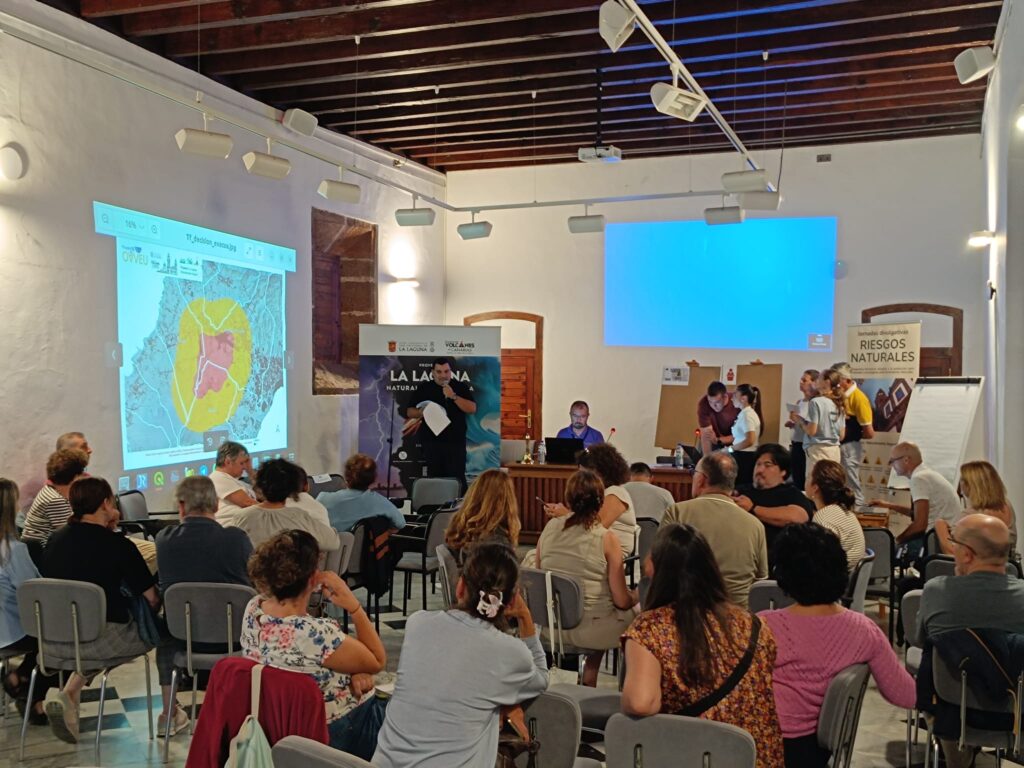
SANTA CRUZ DE TENERIFE, Nov. 22 (EUROPA PRESS) –
The President of the Canary Islands, Ángel Víctor Torres, has reaffirmed the Archipelago’s commitment to sustainability by becoming one of the regions with the most progress in the development of the 2030 Agenda and has highlighted that this is the result of collective work, of the entire society .
This was stated in the closing ceremony of the I Sustainable Canary Islands Meeting. Advances of the Canary Islands Agenda 2030, two-day sessions that have concluded after an extensive program of interventions, analyzes and debates and with the participation of around 40 people in person and around 300 online in the two daily sessions.
In his speech, Torres referred to the important role of this seminar, which was convened almost on the first anniversary of the approval of the strategic framework of the Canary Islands Agenda 2030, which took place on December 2 in Lanzarote.
The president sent a message to the audience about how essential the 2030 Canary Agenda is to build the future of the Archipelago. For this reason, Torres encouraged all the participants “to continue with the work they have been doing” in favor of comprehensive sustainability for the islands, something “fundamental for the future and to have a roadmap with objectives, and that they can fulfilled together with the entire island society, that of the eight islands”.
The president admitted that progress has been made on the road to sustainability, but, as they recognized, “we still have a long way to go, to demand, to sue the public institutions, the different social and economic agents and the other actors in this process”.
ACTIONS IN THE SOCIAL FIELD
The contribution to the Sustainable Development Goals (SDG) of companies, unions and organizations of the third sector and of the social economy was today the subject of the I Sustainable Canary Islands Meeting. Advances of the Canary Islands Agenda 2030, on the second and last day of the seminar.
In order to contribute to the adoption of the SDGs by SMEs, “it is essential to align public purchasing, subsidies and credit lines with economic, social and environmental sustainability, which is not just going to price”, explained the general director of Research and Coordination of Sustainable Development of the Government of the Canary Islands, David Padrón.
Vanesa Rodríguez, from the Red Española Global Compact, shared data at the event on raising awareness of the SDGs of Canary Islands companies. 81% of Canarian companies are aware of the 2030 Agenda, a level comparable to 86% of the entire country, she pointed out. For 45% of Canarian companies, taking the SDGs into account has positively affected their economic results, she added.
Carlos Lozano, from the Spanish Business Confederation of the Social Economy, spoke of the importance that social economy companies already have in Spain, with more than 43,000 companies, 2.2 million direct and indirect jobs and a value equivalent to 10% of GDP.
“What I always ask is that the SDGs be translated to SMEs,” said David Curbelo, Professor of Business Management and Sustainability at GBS Suffolk University.
One year after the signing in Jameos del Agua of the Canary Islands Agenda 2030, the objective of the sessions, which began yesterday and ended today, has been to put in contact the technical teams of public and private organizations that have been working on planning , methodology and contextualization of the Agenda. In the words of Padrón, “it is about sharing the procedures followed, the problems encountered and the possible solutions to continue advancing.”
As Padrón reported, the Canary Islands Agenda for Sustainable Development is only a year old and a greater general involvement is still needed, but we are already beginning to see how many business, union, social economy and third sector organizations are aligned with the SDGs through the Canary Islands 2030 Agenda.
The conference program included yesterday presentations on the role of city councils in promoting the SDGs and the progress of administrations in localizing the Agenda, as well as sustainability and culture, universities and other academic levels.
Organized by the Directorate General for Research, with the support of the Plan B Group consultancy, the conferences seek to consolidate themselves as a platform for debate so that Canarian society learns about and participates in the actions that are being carried out to have more sustainable islands, apart from to inform about the sustainability goals in the coming years.
















